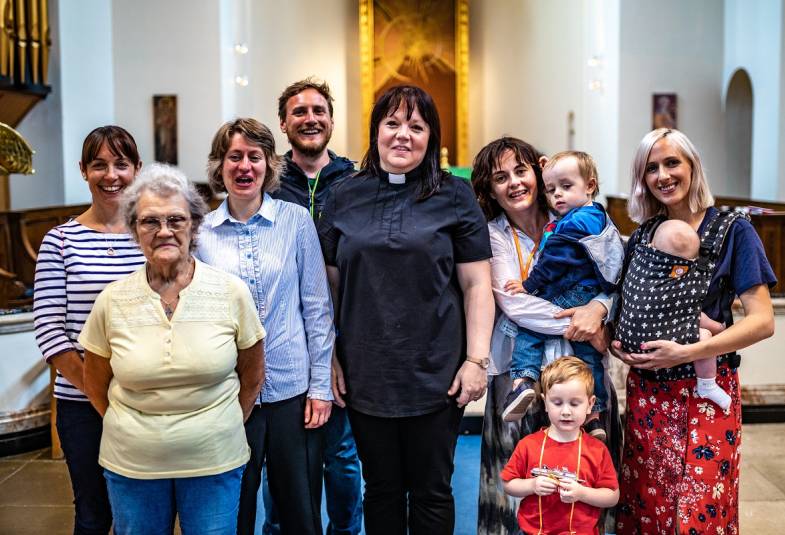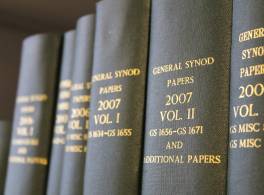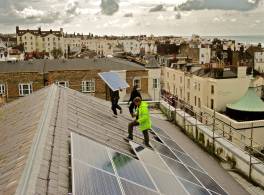A Festival Church is a church building which is not used for weekly worship, but is valued and required by the community for local events and for Festivals of the Church and for Rites of Passage (Baptisms, Weddings, Funerals).
As your church eventually and perhaps gradually re-opens after the lockdown caused by the Covid-19 crisis, it might be a good opportunity to consider if the Festival Church model could suit your purposes for a period of time. A regular pattern of services can then be resumed at any time if desired, or the experiment continued. The following guidance explains how this can be done, and the possible benefits.
You might experiment with using the churchyard and other outdoor areas as a safe and light-touch way of inviting people back to church, there is guidance on this here

What is a Festival church?
A Festival Church is a church building which is not used for weekly worship, but is valued and required by the community for local events and for Festivals of the Church and for Rites of Passage (Baptisms, Weddings, Funerals).
These Festivals include Christmas, Easter and Harvest Festival, but also local festivals, Saints’ days, Mothers’ Day, Remembrance Sunday, Rogation Days, etc. A list of festivals and appropriate material is available here.
A Festival Church can also accommodate more secular events, for example a beer festival; See here for how somebody was attracted to church this way.
Association of Festival Churches
An Association of Festival Churches has been set up to give support and advice to parishes and dioceses looking at the Festival Churches model. Its Chair is Sir Tony Baldry.
Parishes can choose to affiliate themselves with an annual fee to the association, which means they will get regular updates and materials sent to them, and can benefit from the experience and mutual support of other members. Their website is available here.
A conference on Festival Churches focusing on Mission and Community was held at Sheffield Cathedral on 25th March 2019. The presentations can be found here.
Legal aspects
The defining feature of a Festival Church is the ability to vary the service pattern as needed and valued by the community. A Festival Church can remain legally “open” as a parish church, while embracing this flexibility. The Church Buildings Council recommends a minimum of six services per year, and that the Bishop should be informed of the PCCs intention as expressed in a formal resolution, following wide consultation.
The relevant templates for a PCC resolution and letter to the Bishop can be found here and here. The CBC recommends that such a PCC resolution is only considered after wide consultation within the local community, benefice and deanery and always with the knowledge and support of the Archdeacon.
Forms
Complementary uses
A Festival Church can also accommodate appropriate complementary uses (community, cultural and commercial), which gives opportunities to reconnect the church building and congregation with the community if this connection has been weakened or lost. This is therefore emphatically not about “mothballing”, or in any way a sign of failure – it is about using these buildings in a way that is appropriate to its community, and makes the most of the opportunities the building has to offer.
Common other features of a Festival Church may therefore include:
- Open during the day for visitors and worshippers
- Increased use of church building for community needs
- Release of energy for outreach and mission activity
- Insurance and maintenance responsibilities may be delegated / pooled / outsourced
- A Trust (local, diocesan or national) might manage these responsibilities on behalf of the PCC

